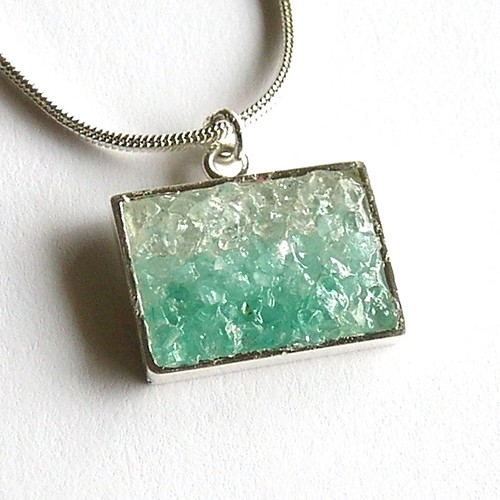Editor's note: Over 3 million businesses have adopted Google Apps. Today we’ll hear from Rob Rubinoff, Interactive Director at Mad Genius, a branding and creative agency headquartered in Ridgeland, Mississippi. To learn more about other organizations that have gone Google and share your story, visit our community map or test drive life in the cloud with the Go Google Cloud Calculator. Mad Genius
Mad Genius is a creative fusion of branding, advertising, social media, HD video production, animation, media strategy, web design, web development, and more – a true soup-to-nuts creative agency. Each of these elements come together to create momentum-building ideas that drive results and help us stand apart from other agencies. Our clients range from national insurance companies to regional restaurant chains to local universities, and we have a talented group of people that help these organizations take their brands to the next level.
We started in 2005 as the offshoot of a film production company, and have been growing rapidly ever since. Two years ago, we landed one of the largest advertising accounts in Mississippi, which was a major milestone for us. However, it also meant that we had to move quickly to hire more people to staff the project. At the same time, we moved to a bigger office and started to re-evaluate the technology that powered our company. That’s why, as Interactive Director, I became a big advocate of Google Apps: the benefits of the cloud were what we needed.
We were originally using spotty POP3 email through our domain registrar, which was a legacy solution from when we were part of a larger company. Everyone had different versions of email clients, calendar, and other office software, and this created daily problems. There were times when we literally had to walk down the hall to schedule a meeting because we couldn’t share calendars with everyone in the company.
We talked to local IT providers who offered email solutions that would have cost us thousands of dollars. We also priced out our own Microsoft® Exchange server, which was not only costly, but also seemed like it would necessitate dedicated IT support. Everyone here already wears a lot of hats, so simplifying IT was essential, as was finding a powerful calendaring solution. What we needed was Google Apps.
Initially, there was concern that we might lose emails and disrupt operations during the switch to Google Apps, but we transitioned over the course of a week with no hiccups and continual access to email. Within another week everyone was used to the new system, and the office was thrilled. One of the immediate and tangible benefits came when our executives were able to access email from their desktops, laptops and mobile phones, with everything synced across each device.
Within the Google Apps suite, shared calendars have been huge for us; email and documents are icing on the cake! As we grow our accounts and expand our team (last year we opened a second office in Tampa, Florida), we need to be able to let people know what’s going on throughout the company, and Google Apps makes that not only possible, but also easy. We can view other people’s calendars, easily schedule meetings, and have created a half dozen shared calendars to track things like conference room reservations and vacation days. Plus, project management is vital in our business, and thus the ability to import iCalendar data into our project management system is key.
With Google Docs, we no longer send PDFs back and forth, which is a huge time saver, and we can brainstorm with team members in either office using a Google doc, since it’s basically like a giant shared notepad. We even use Google Docs to collaborate with clients and can elicit feedback and data in a format that is easily shared or uploaded into our system, avoiding data entry errors.
When it comes to groundbreaking agencies like ours, folks usually think New York, Los Angeles, Chicago; they don’t often think Mississippi. But the work we do is changing minds – and Google Apps is helping us get it done. We take pride in being innovative. We’re a young company, with passion for the work we do and a fresh approach to the way we tackle business. With our home base in Mississippi, our new office in Florida, and clients throughout the region, we need virtual speed. Google Apps has proven to be the perfect partner in keeping us connected and moving forward.
Posted by Rob Rubinoff, Interactive Director, Mad Genius







 MONTHLY FEATURE
MONTHLY FEATURE 




